
In the realm of electronic circuits and devices lies a world of components, each with its own unique identity and purpose. Among these intricate elements, there exists one enigmatic piece, shrouded in the language of numbers and codes, yet holding immense significance in the realm of electrical engineering.
Exploring the Blueprint of Innovation
Within the intricate web of electronic schematics and designs, there exists a vital document, a blueprint of innovation that unveils the secrets of each component’s potential. This document serves as a guiding light for engineers and enthusiasts alike, offering insights into the capabilities and specifications of the building blocks of modern technology.
Unveiling the Essence of Technical Documentation
Delving into the realm of technical documentation, we embark on a journey of discovery, deciphering the intricate language of specifications and parameters that define the behavior and functionality of electronic components. Through meticulous analysis and interpretation, we unravel the mysteries concealed within the pages of datasheets, illuminating the path towards innovation and progress.
Understanding the Component Documentation
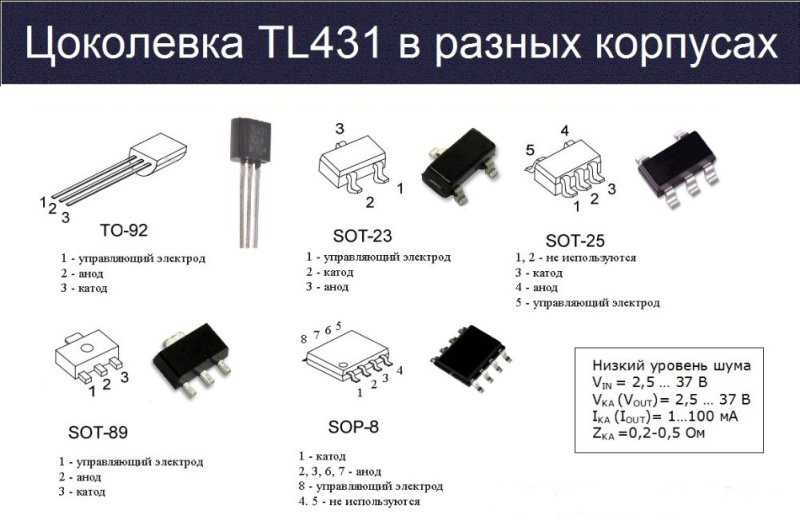
When delving into the intricacies of electronic components, it becomes crucial to decipher the technical literature provided by manufacturers. This documentation serves as a roadmap, guiding engineers through the specifications, characteristics, and operational parameters of a particular component. In this section, we embark on a journey to unravel the insights embedded within the informational labyrinth, shedding light on the nuances encapsulated within.
The Essence of Technical Documentation
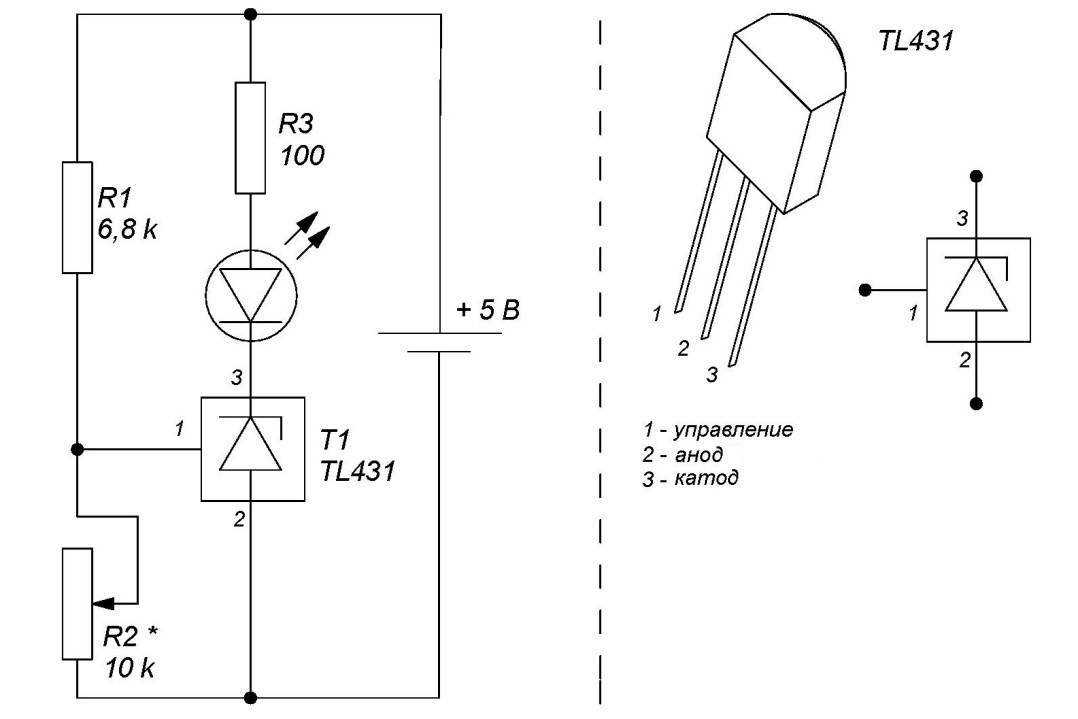
At the heart of every datasheet lies a wealth of information waiting to be uncovered. These documents encapsulate the essence of a component, providing a comprehensive overview of its functionality, performance metrics, and application scenarios. Through meticulous examination, engineers gain profound insights into the capabilities and limitations of the component, empowering informed decision-making in design and implementation.
Deciphering the Language of Specifications
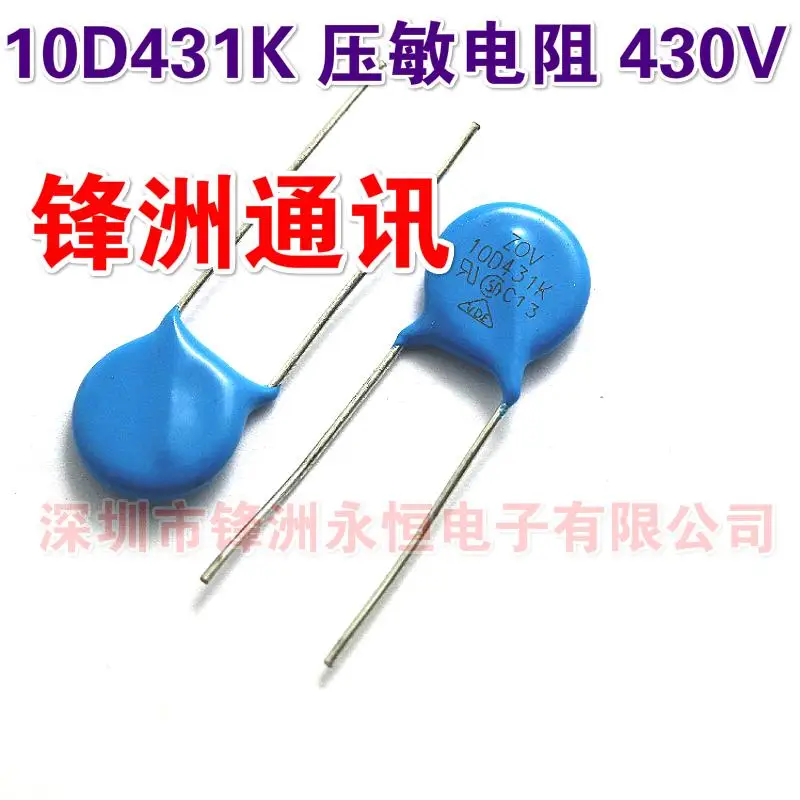
Within the confines of a datasheet, a language of specifications emerges, comprising parameters, ratings, and performance characteristics. Through careful analysis, engineers decode this lexicon, discerning the significance of each metric in the context of their design objectives. From electrical properties to environmental considerations, every specification imparts valuable knowledge essential for crafting robust and efficient systems.
In summary, navigating the labyrinth of technical documentation is an indispensable aspect of engineering endeavors. By mastering the art of interpreting datasheets, engineers unlock the full potential of electronic components, paving the way for innovation and technological advancement.
Exploring Essential Specifications and Notable Features
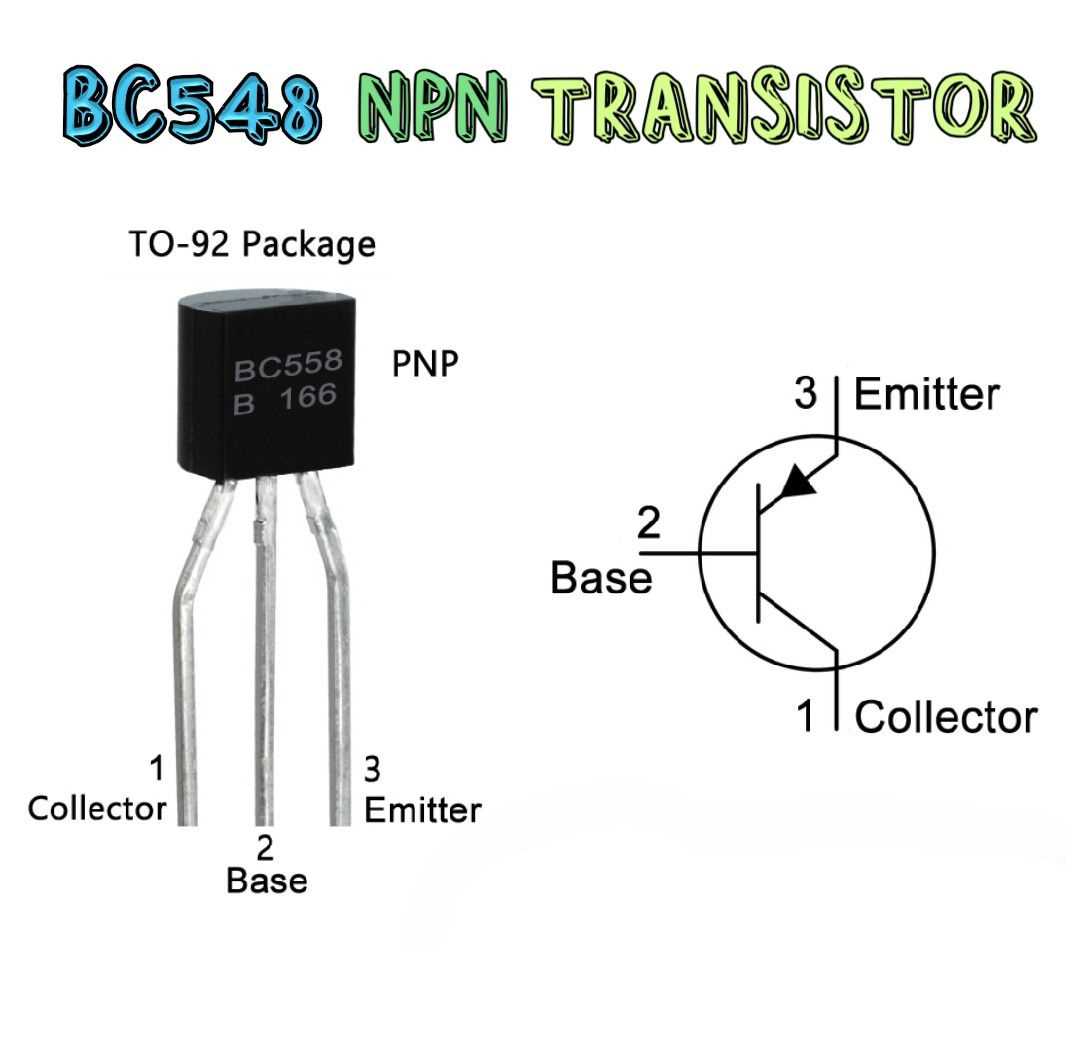
In this section, we delve into the core specifications and standout attributes of the component under scrutiny. By examining its fundamental characteristics and distinguishing traits, we aim to provide a comprehensive overview that illuminates its utility and performance potential.
Core Specifications

Firstly, we scrutinize the foundational specifications that underpin the functionality and applicability of the component. These parameters serve as the bedrock upon which its operational efficacy is built, encompassing factors such as…
Distinctive Features
Beyond mere specifications, the component boasts an array of unique features that set it apart within its domain. From innovative design elements to specialized functionalities, these attributes augment its versatility and broaden its scope of application. Noteworthy features include…
Interpreting Electrical Characteristics
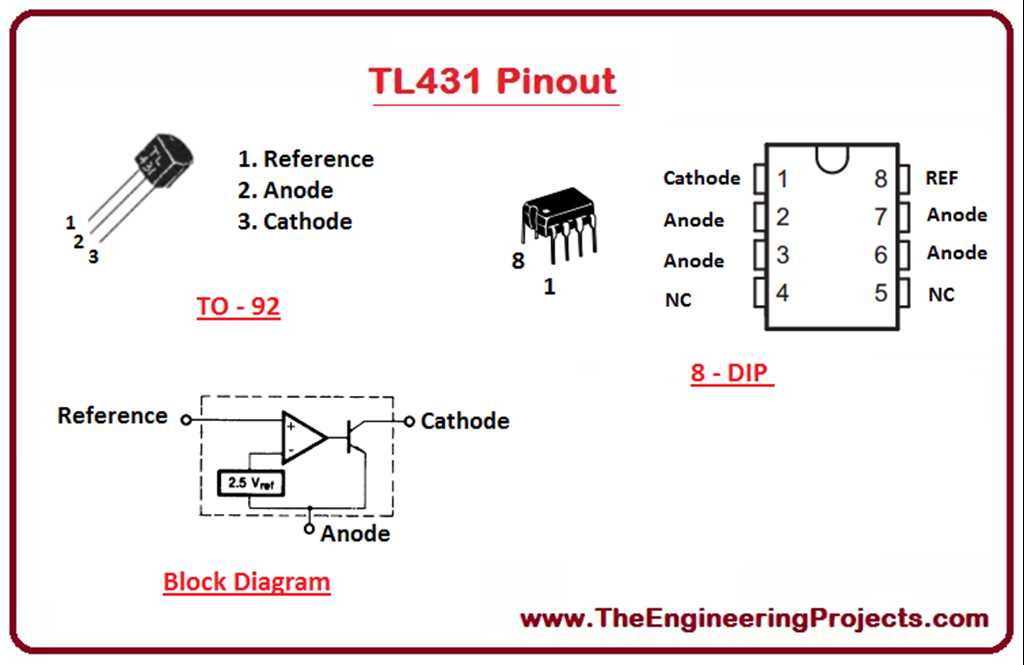
Understanding the specifications of electronic components is crucial for proper utilization in circuit design and application. In this section, we delve into the electrical characteristics of the component in question, aiming to provide insight into its performance and behavior under various conditions.
Key Parameters
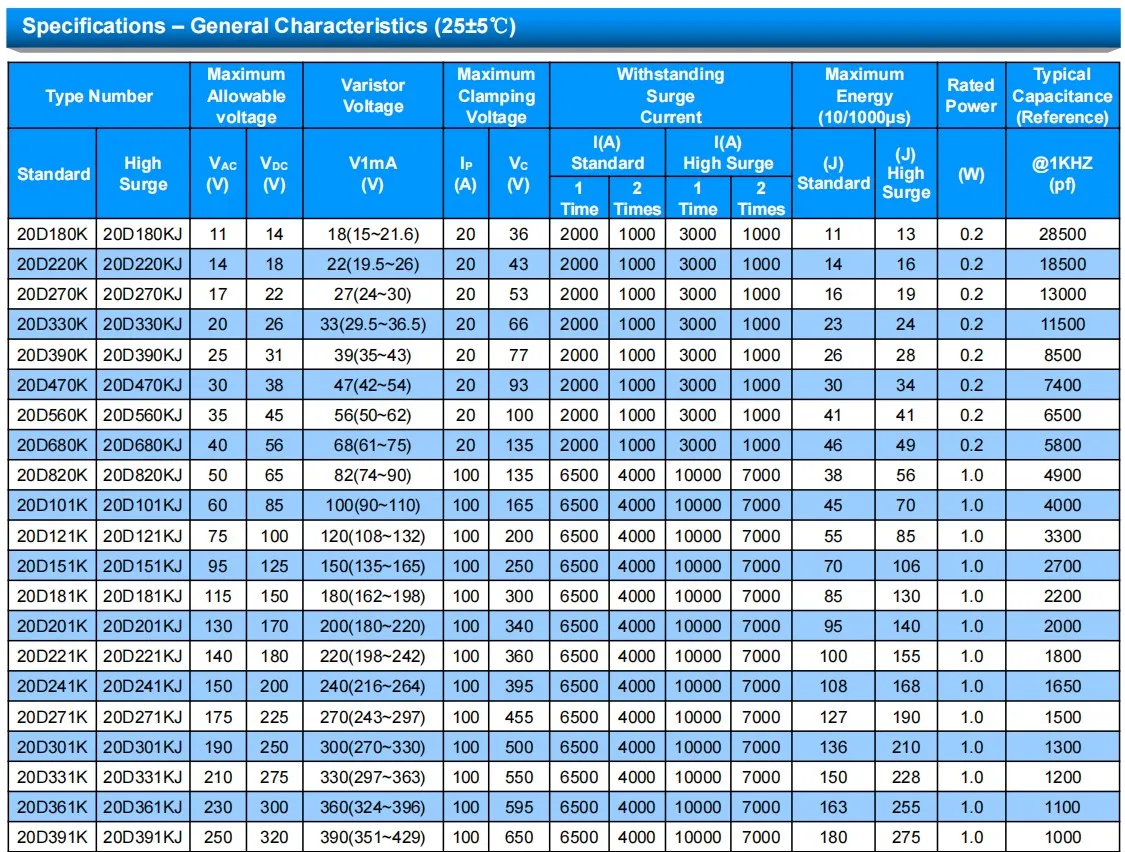
Before delving into the intricate details, it’s essential to grasp the key parameters that define the component’s functionality. These parameters encapsulate vital aspects such as voltage ratings, current capabilities, response times, and impedance characteristics.
Table 1 below outlines the primary electrical characteristics to be considered:
| Parameter | Description |
|---|---|
| Operating Voltage | The range of voltages within which the component functions reliably. |
| Breakdown Voltage | The voltage at which the component experiences a significant change in behavior, often indicating a transition from insulating to conducting state. |
| Maximum Clamping Voltage | The peak voltage the component can withstand without sustaining damage during transient events. |
| Peak Pulse Current | The maximum current the component can dissipate during transient events without degradation. |
| Response Time | The time taken by the component to react and reach a specified level of performance upon exposure to a transient event. |
These parameters serve as the foundation for assessing the component’s suitability for specific applications and ensuring reliable operation within defined parameters.
Interpretation Guidelines
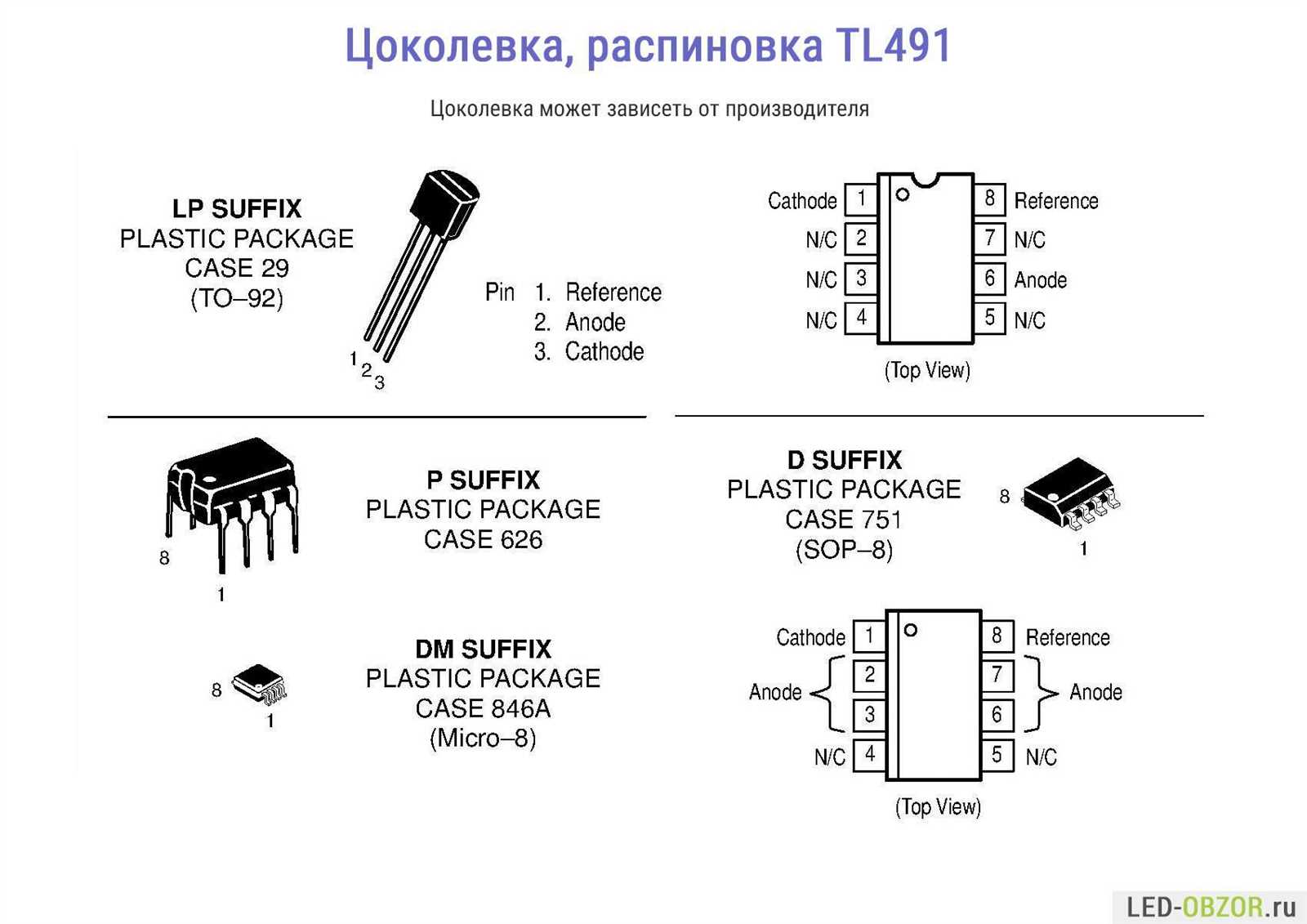
Once armed with knowledge about the key parameters, it’s essential to understand how they influence the component’s behavior in real-world scenarios. Interpretation guidelines aid in deciphering the datasheet information and making informed decisions regarding component selection and application.
For each parameter, it’s crucial to consider its tolerance, temperature dependencies, and any dynamic effects that may impact performance. Additionally, comparative analysis with application requirements can help determine the adequacy of the component for the intended use.
Application Notes and Insights into Circuit Design
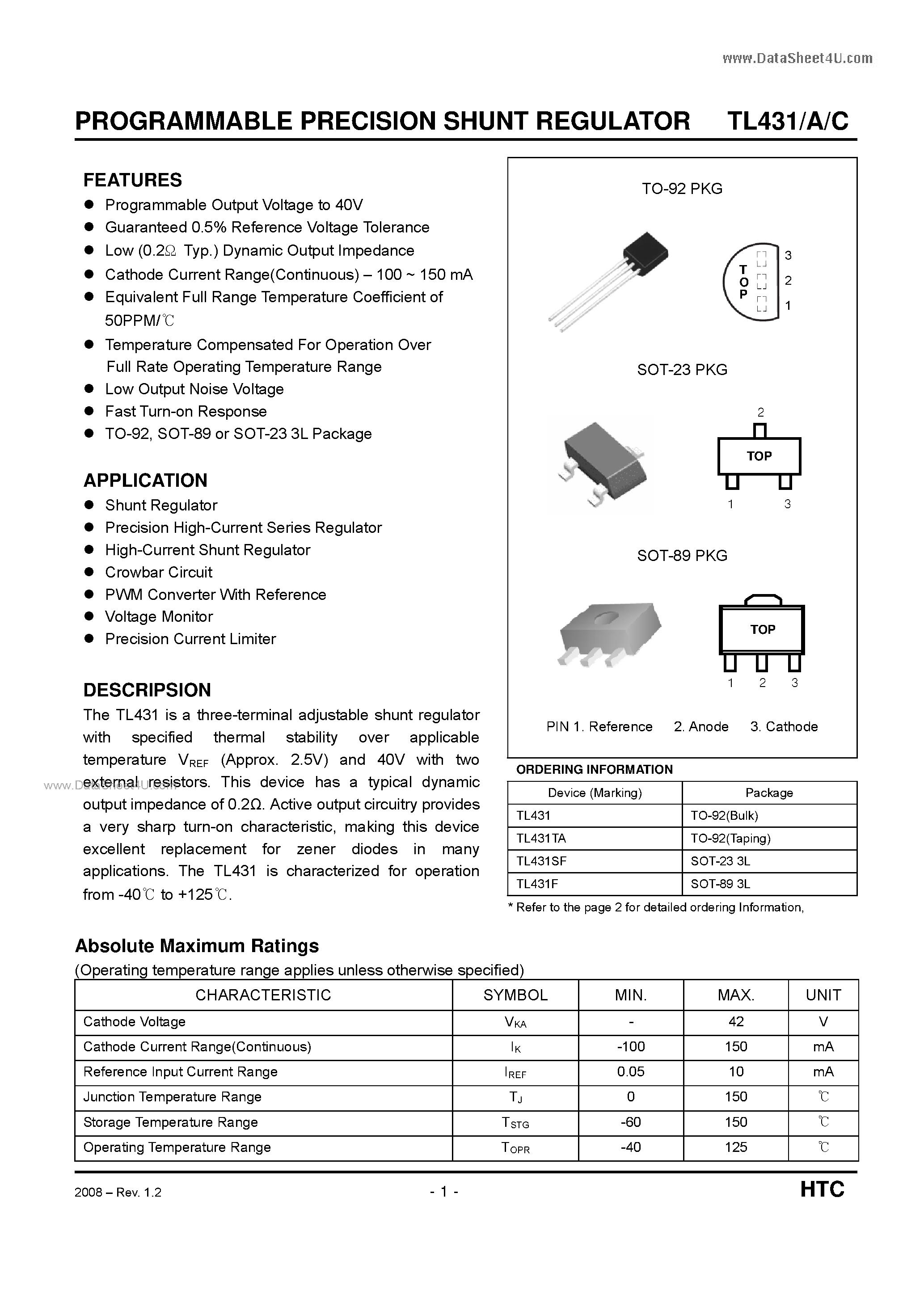
Within this section, we delve into the intricacies of circuit design, offering insights and practical guidance to optimize performance and functionality. Here, you’ll discover a wealth of knowledge aimed at enhancing your understanding of electronic systems and their applications.
Understanding Circuit Behavior
Exploring the behavior of electrical circuits unveils a realm of possibilities for innovation and problem-solving. Through comprehensive analysis and real-world examples, we uncover the principles governing circuit operation, empowering engineers and enthusiasts alike to navigate complexities with confidence.
Practical Design Strategies
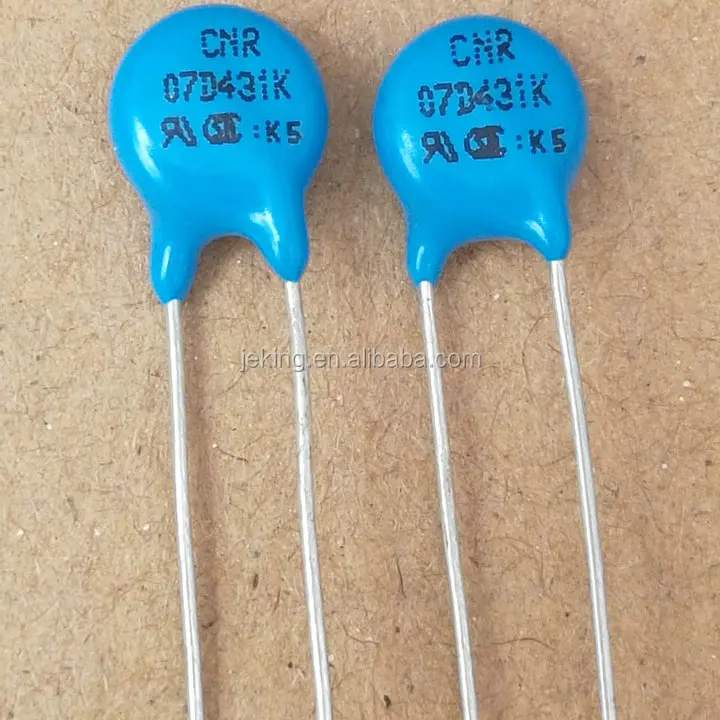
Efficient circuit design requires a strategic approach that balances functionality, cost, and performance. In this section, we offer practical strategies and techniques to streamline the design process, from component selection to layout optimization. By leveraging these insights, designers can overcome challenges and achieve optimal results in their projects.